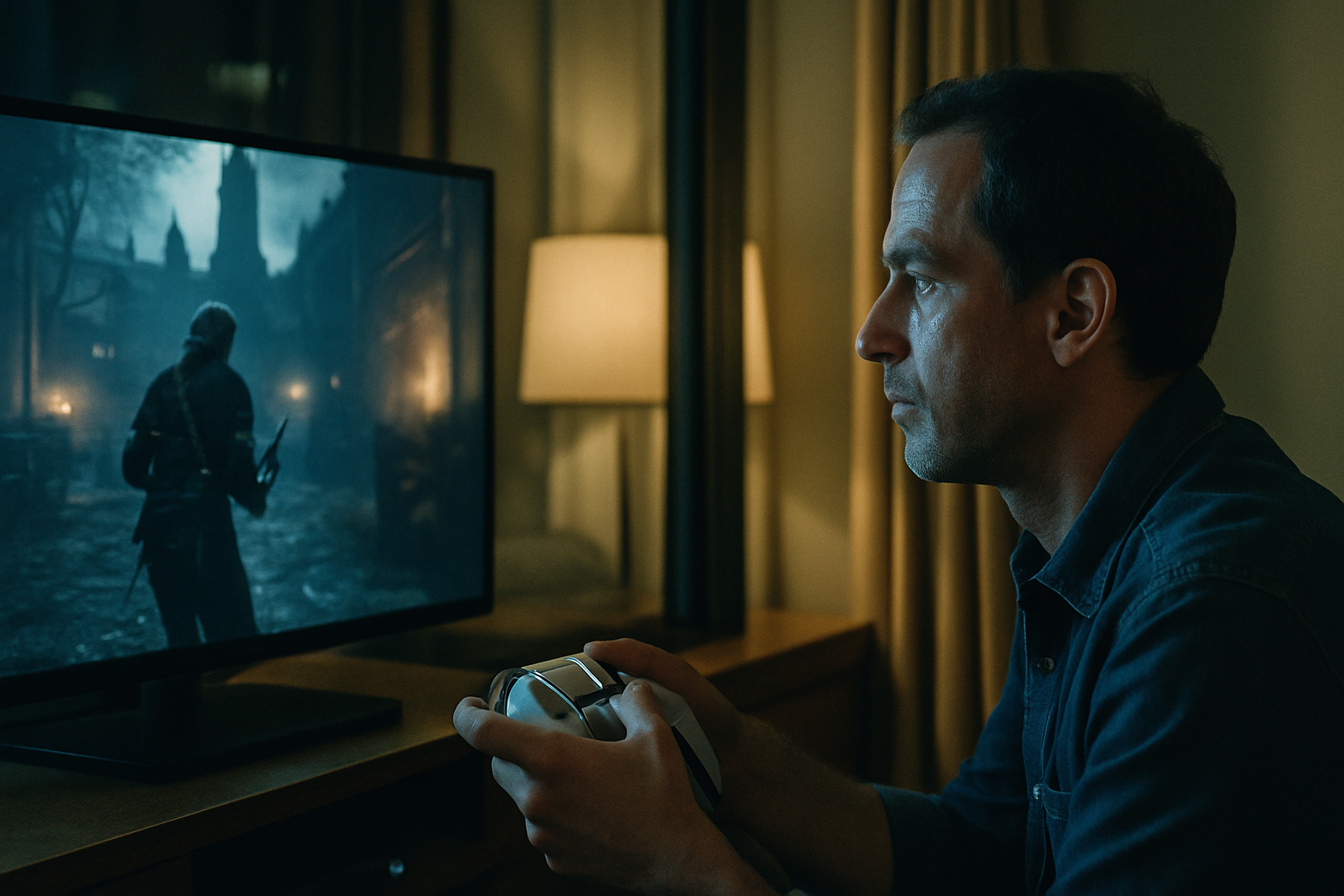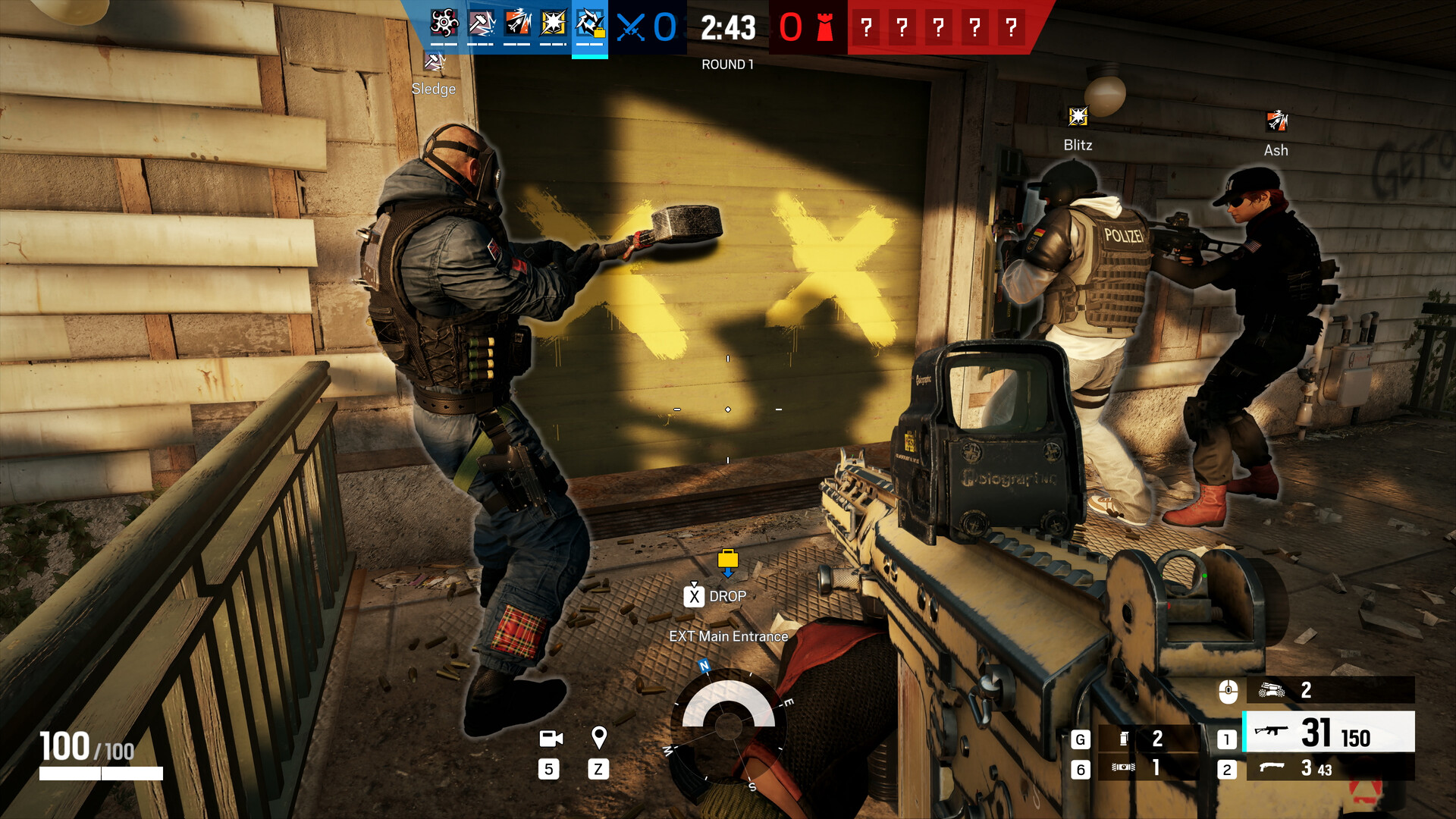Violent video games have been debated for decades, with fears regarding their possible effects on mental health, particularly in teenagers. Violent video games are those that entail scenarios of physical aggression that harm characters within the game. Popular games like Call of Duty, Grand Theft Auto, and Fortnite are instances of violent video games. They often involve fighting, missions requiring aggressive conduct, and competitive features that are exciting yet extreme.
Possible Effects on Mental Health
The relationship between mental illness and violent video games has been the target of extensive study. Some research has suggested a correlation between violent video game play and increased aggression. For instance, a 2010 meta-analysis suggested that violent video game portrayal may lead to short-term, as well as long-term aggression, decreased empathy and prosocial behavior.
However, it should be noted that aggression and actual violent behavior should be distinguished. Even though there is some evidence indicating a relationship with aggressive behavior or thoughts, the evidence does not exist to attribute criminal violence to violent video games directly. The American Psychological Association (APA) has acknowledged a small but reliable relationship between the playing of violent video games and aggressive outcomes, such as shouting and pushing, but has found no significant evidence to attribute violence to violent video games in criminal behavior.
On the other hand, there are certain studies which indicate potential benefits of gaming. A study conducted by Nihon University in Japan found that three hours of gaming per day can be psychologically beneficial, particularly to children. Gamers who had recently purchased a console were found to enjoy better mental well-being than those who did not. The positive effect, however, seemed to plateau after three hours of daily gaming.
Appropriateness for Teenagers
The ongoing dilemma, is it not? Spinia takes a look into this at depth. Whether violent video games are suitable for teenagers depends on several factors, including the level of maturity in the person, personality, and the context in which they play. Parental influence comes into play here. Engaging in discussions with teenagers regarding their gaming experience, being aware of the material they play, and setting appropriate boundaries can minimize the ill effects.
It’s also interesting to consider the social environment of online gaming. An Anti-Defamation League Center for Technology and Society report outlined that teenagers and young adults are increasingly being exposed to racial harassment in popularly played video games such as Fortnite, Valorant, Counter-Strike 2, and Overwatch 2. Exposure to hostile attitudes can negatively impact the mental health and understanding of a teenager’s social norms.
Setting Limits on Daily Gaming
Putting a cap on the number of gaming hours in a day is controversial. A study by Nihon University suggests that gaming for three hours a day is healthy for the mind, while gaming for more than this does not benefit the mind in any way.
THE SUN
Over-gaming can lead to issues such as sleep disturbance, reduced physical activity, and social isolation. The World Health Organization has defined “gaming disorder” as a disorder characterized by loss of control over gaming, increased priority given to gaming over other activities, and persistence of gaming despite negative effects.
Parents and guardians must monitor not only how many hours adolescents spend playing games but also what they are playing and with whom. Something must be done to place a healthy lifestyle of regular exercise, social contact with fellow human beings, and other interests in the way. It is all about keeping a balance. Allow the teenagers some freedom, yet have a close look at their games and social lives.
Timothy R. Richmond, the skilled copywriter at MetaNow Gaming, is a driving force behind the diverse gaming content and community interaction on the platform. With a passion for storytelling in the gaming world, Timothy weaves narratives that resonate with the gaming community. His dedication to creating engaging and inclusive content makes MetaNow Gaming a vibrant hub for gamers seeking more than just news and reviews. Join Timothy on the journey at MetaNow Gaming, where his words contribute to a rich tapestry of diverse gaming experiences, fostering a sense of community and shared enthusiasm within the gaming universe.





